In this exciting webinar, engagement practitioners funded by the Science for Africa DELTAS Africa II showcase Next Level Community Engagement where they share experiences of transformation from Ad-Hoc Efforts to Institutionalized Value.
For decades, engagement practitioners have tirelessly laboured to demonstrate the value of community engagement (CE) in research – making a case to research leaders, research teams, funders and regulators. But why do we continue to witness snail pace adoption of CE as standard practice? In this webinar series, we unravel the complexities of this work and practical ways to institutionalize CE in research from the African context. Our panelists will feature a CE implementor, a research programme manager, a Principal Investigator, and funder.
Chair
Ms. Waila Jacinta, Programme Officer, Community Engagement in Research, Science for Africa Foundation
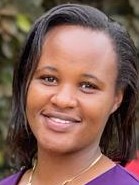 Ms.Waila is a public health researcher and specialist with extensive experience in research, capacity strengthening, and project management and evaluation. Her research expertise/interest lies in infectious diseases, climate change and interpersonal violence. Under her current role at the Science for Africa Foundation, she supports initiatives that promote community engagement in research across the continent, helping to strengthen collaboration between researchers and communities to advance impactful, locally driven research and innovation in Africa.
Ms.Waila is a public health researcher and specialist with extensive experience in research, capacity strengthening, and project management and evaluation. Her research expertise/interest lies in infectious diseases, climate change and interpersonal violence. Under her current role at the Science for Africa Foundation, she supports initiatives that promote community engagement in research across the continent, helping to strengthen collaboration between researchers and communities to advance impactful, locally driven research and innovation in Africa.
Panelists
Ms. Lillian Mutengu, Senior Programme Manager, Science Communication and Engagement, Science for Africa Foundation
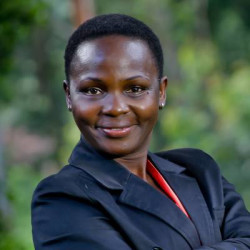 Lillian Mutengu is the Senior Programme Manager for Science Communication and Engagement at the Science for Africa Foundation. She leads initiatives that promote effective communication of research and fosters meaningful dialogue between scientists, policymakers, and the public across Africa to strengthen evidence-informed decision-making and inclusive scientific engagement.
Lillian Mutengu is the Senior Programme Manager for Science Communication and Engagement at the Science for Africa Foundation. She leads initiatives that promote effective communication of research and fosters meaningful dialogue between scientists, policymakers, and the public across Africa to strengthen evidence-informed decision-making and inclusive scientific engagement.
Ms. Kyerewaa Boateng, CPE focal person, West African Centre for Cell Biology of Infectious Pathogens (WACCBIP), University of Ghana DELTAS Africa II Program
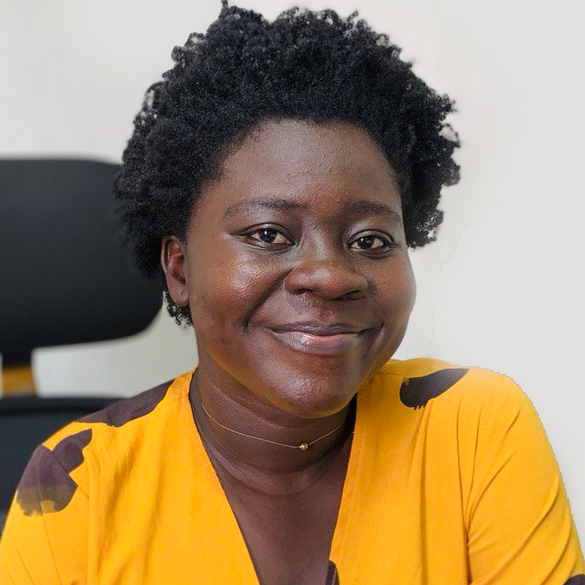 Kyerewaa Akuamoah Boateng is the Public Engagement Officer for the West African Centre for Cell Biology of Infectious Pathogens (WACCBIP) of the University of Ghana. She has years of experience in the design, implementation, management and knowledge translation of public health interventions, especially using culturally appropriate communication in low-income settings. As Public Engagement officer, she creates avenues for interactions between scientists, hard-to-reach communities, at risk groups and relevant stakeholders in the health sector. She also plans and executes engagement activities to disseminate information about the Centre. She is a two time winner of the German-based Falling Walls Engage initiative.
Kyerewaa Akuamoah Boateng is the Public Engagement Officer for the West African Centre for Cell Biology of Infectious Pathogens (WACCBIP) of the University of Ghana. She has years of experience in the design, implementation, management and knowledge translation of public health interventions, especially using culturally appropriate communication in low-income settings. As Public Engagement officer, she creates avenues for interactions between scientists, hard-to-reach communities, at risk groups and relevant stakeholders in the health sector. She also plans and executes engagement activities to disseminate information about the Centre. She is a two time winner of the German-based Falling Walls Engage initiative.
Mr. Biggy Dziro, Program Manager, African Mental Health Research Initiative 2.0 (AMARI II), University of Zimbabwe - DELTAS Africa II Program
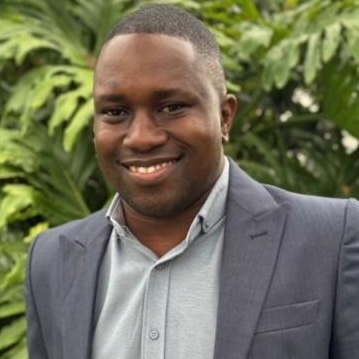 Biggy Dziro is a Research Programme Manager and Community Engagement Professional currently based in Zimbabwe at the University of Zimbabwe. He is the current Programme Manager and Public Engagement with Science (PES) Lead for the African Mental Health Research Initiative (AMARI) II, a mental health research capacity building programme that builds on the initial AMARI-I which ran from 2015 - 2022. Over the years, Dziro has led engagement initiatives in multiple sectors that include mental health, environment and climate change, agriculture, and COVID-19. His interests are in contemporary approaches for engaging people with lived experience in research.
Biggy Dziro is a Research Programme Manager and Community Engagement Professional currently based in Zimbabwe at the University of Zimbabwe. He is the current Programme Manager and Public Engagement with Science (PES) Lead for the African Mental Health Research Initiative (AMARI) II, a mental health research capacity building programme that builds on the initial AMARI-I which ran from 2015 - 2022. Over the years, Dziro has led engagement initiatives in multiple sectors that include mental health, environment and climate change, agriculture, and COVID-19. His interests are in contemporary approaches for engaging people with lived experience in research.
Prof. Judith Kamoto of Lilongwe University of Agriculture and Natural Resources, Malawi
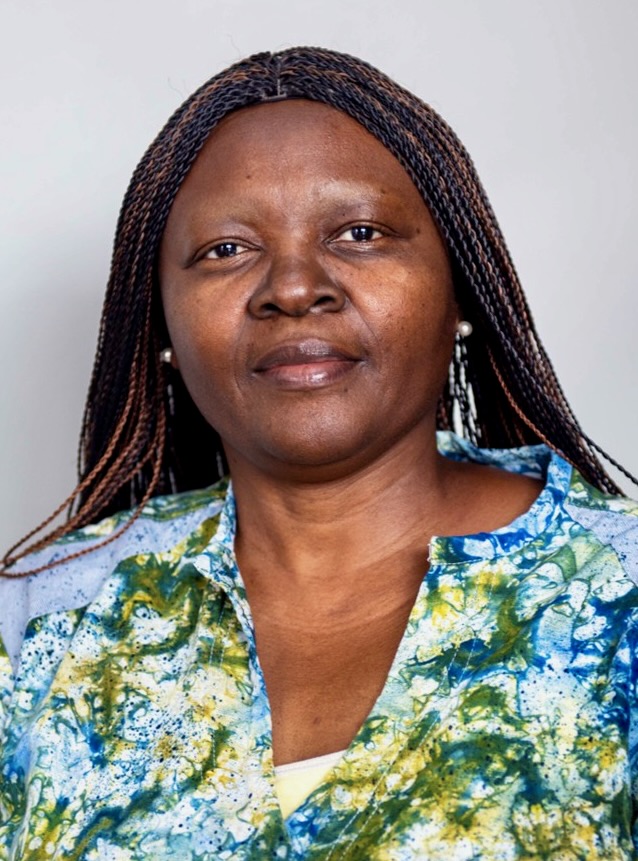 Professor Judith Kamoto is a forestry and natural resources management expert at the Lilongwe University of Agriculture and Natural Resources (LUANAR) in Malawi. Her work focuses on community forestry, gender, climate change adaptation, and sustainable natural resource governance. She has led and contributed to numerous research and policy initiatives promoting inclusive environmental management and rural livelihoods. Professor Kamoto is recognised for her leadership in advancing gender equity and capacity strengthening within the forestry and environmental sciences sectors in Malawi and beyond.
Professor Judith Kamoto is a forestry and natural resources management expert at the Lilongwe University of Agriculture and Natural Resources (LUANAR) in Malawi. Her work focuses on community forestry, gender, climate change adaptation, and sustainable natural resource governance. She has led and contributed to numerous research and policy initiatives promoting inclusive environmental management and rural livelihoods. Professor Kamoto is recognised for her leadership in advancing gender equity and capacity strengthening within the forestry and environmental sciences sectors in Malawi and beyond.
